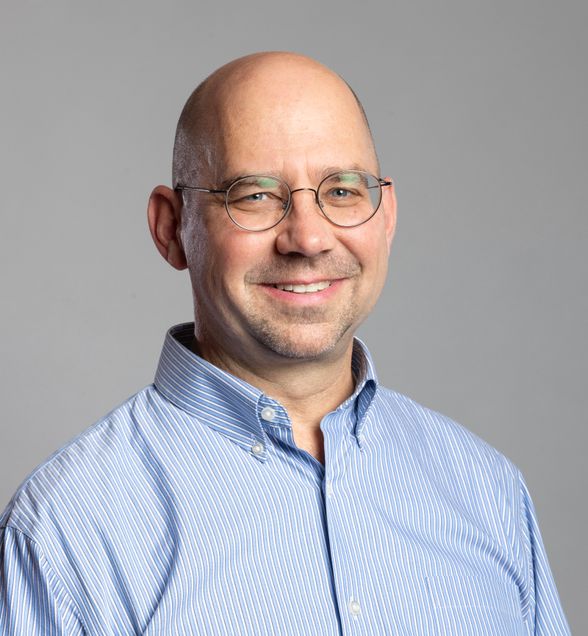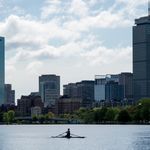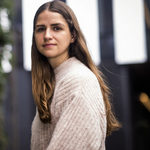In 2023-2024, Arts & Sciences faculty, staff, and students took an active role in building and strengthening disciplinary and interdisciplinary collaborations and connections in research and education in Arts & Sciences, throughout Boston University, and beyond, leading to new discoveries, creations, knowledge, understandings, and opportunities that might not have been possible otherwise. Here are some other examples from the past year.

CAS Pilots Interdisciplinary Co-Teaching Initiative
In 2023-2024, the college offered a pilot initiative to support the development of cutting-edge, co-taught, interdisciplinary courses, a priority outlined in the 2030 Strategic Plann. Two courses were offered: “Environmental Humanities and Society,” and “The Politics of Science, Care, and the Environment.”

Building Better Cities
Record heat waves aren’t the only problems cities face. As more people move to urban centers—the World Bank projects that 70 percent of the world’s population will live in cities by 2050—they quicken the spread of disease and exacerbate pollution and economic disparity. Cities will need creative ways to address economic, public health, and social equity issues to thrive amid this growth—and Arts & Sciences has emerged as a leader in researching these challenges, developing solutions, and preparing the next generation of experts.

Turkish Translations
Thanks to a mini grant from the Geddes Language Center, Roberta Micallef, a professor of the practice in Turkish language and culture in the Department of World Languages and Literatures, teamed up with three colleagues in the field to create an online resource for translations of Ottoman and Turkish writings. They call their website “Artichoke: Ottoman & Turkish Literature in English Translation,” because artichokes — known as enginar in Turkish — are seen as a symbol of prosperity in Turkey and frequently used in Turkish cuisine, medicine — and, “just like Turkish literature, they also have many layers,” Micallef says.
New Master’s Program Aims to Produce Graduates Versed in Environmental Science and the Economics of Climate Change
The new Social Impact MBA+MS in Energy and Environment is a dual degree program run jointly by the Questrom School of Business and the Graduate School of Arts & Sciences. In two years, students get their MBA through Questrom’s Social Impact MBA program and a master of science degree in energy and environment from the GRS Energy & Environment program.

Traveling to Mars with Earth Wisdom
What would you pack if you were heading to Mars? Boston University scientists explored this question at an interdisciplinary conference entitled “Space Travel with Earth Wisdom.” The event brought together researchers at the intersection of ecology, botany, biology, bioinformatics, data-science, and space science to look at how humans can approach space travel ethically and sustainably and how we can use the wisdom of this planet to bring life to Mars.

PROMYS: A Journey of Questions
Young mathematicians, challenging problems, and one rule: Absolutely no answering students’ questions. This encapsulates Chair and Professor of Mathematics Glenn Stevens’ vision for the Program in Mathematics for Young Scientists (PROMYS). The 35-year-old program offers various summer programs tailored to high school students with a strong aptitude for mathematics, fostering a collaborative community of first-year and returning students, counselors, mentors, research mathematicians, and visiting scientists.
The Big Picture: What Does the Evolution of AI Mean for Our World?
Rachell Powell, a professor of philosophy and the new director of BU’s interdisciplinary Center for Philosophy & History of Science, isn’t afraid of the rapid advancements in artificial intelligence. On the contrary, she is fascinated by the questions AI raises and how it fits into her areas of interest: evolutionary theory and biomedical enhancement ethics.

